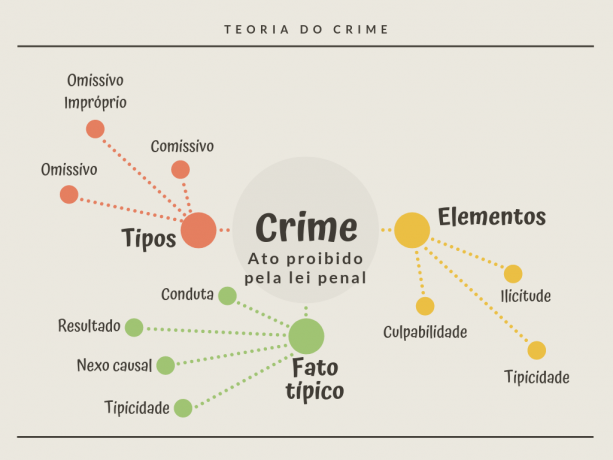Granted is the term used to define who receives from someone the power to make decisions on their behalf or to represent you in any situation.
That is, it refers to the granting (or granting) of decision-making power from one person to another.
The grantee is the one who receives the powers to carry out actions, make decisions or represent a person. This is done through a document signed by both people and containing all the details about what must be done and the validity of the grant.
Difference between grantee and grantor
The grantor is the person who gives someone the power of decision or representation.
The bestowed is the one who receives this power.
What is the meaning of granted in Law?
The term granted is widely used in the legal field. The best known example is the power of attorney.
In this document, one person declares that he empowers the other to make decisions on his behalf or represent him. This empowerment can be for a specific issue or for a general representation.
For the grant to be valid, the grantee (whoever received the powers) must have in hand the power of attorney in which the person grants him the powers.
Administrative law
In the Administrative Law granted, it is whoever receives from the Public Power the ability to perform a public service. The Public Power holds the service and grants another body the power to execute it.
In this case, the granting is not made by a power of attorney, it must always be made by a law.
Example: the Public Power may grant a company the power to provide a public transport service. In this case, the Government is the grantor and the company that provides the service is the grantee.
See also the meanings of Grant and Grantor and the difference between grantor and grantee.

